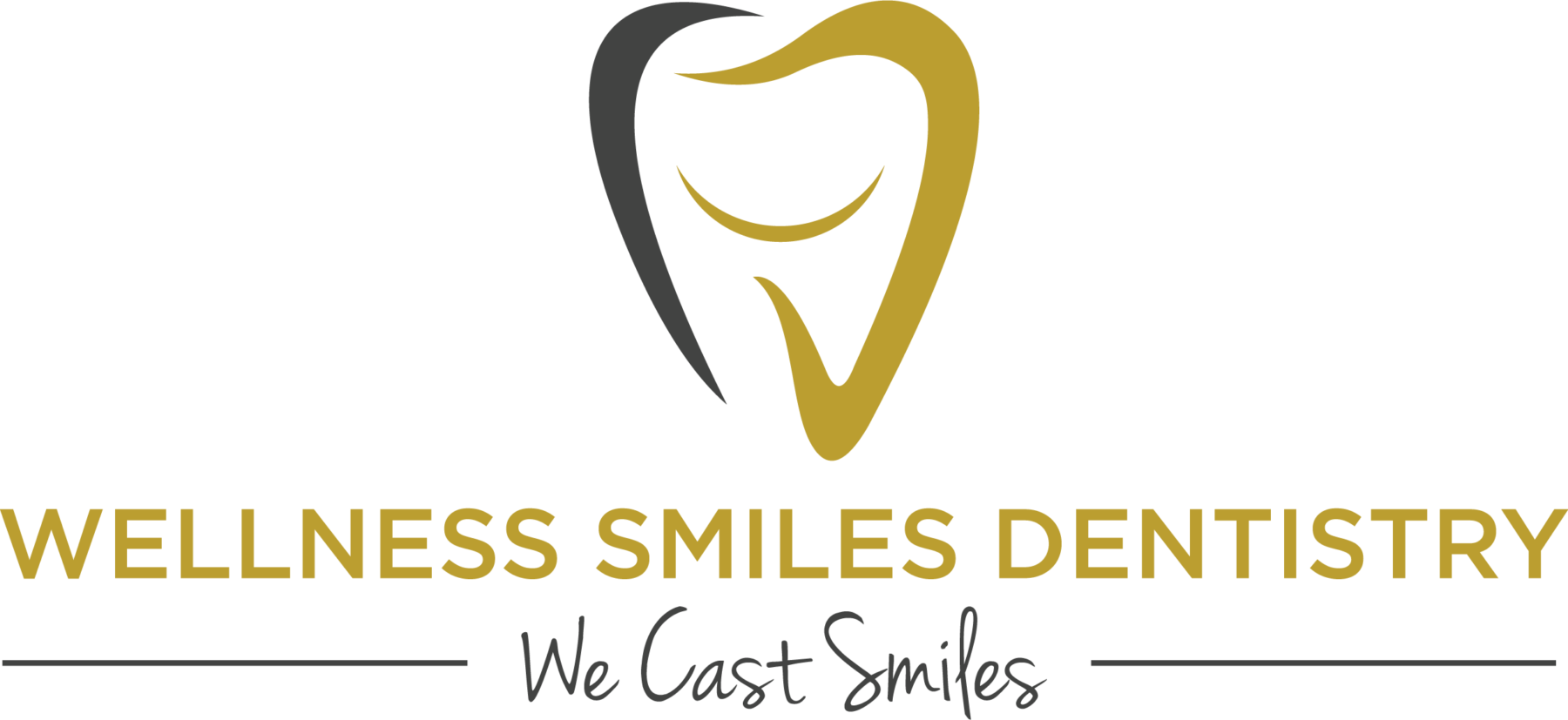Diagnosing Periodontal Disease Near You
Gum disease impacts hundreds of patients of all ages. It arises when decay builds up on your teeth and/or along your gum line. If this condition is caught early, it can be reversed; however, if left unaddressed, it can only be managed.
Dr. Ajayi, our dentist in Indian Land, is here to help you navigate this journey in any way you need. We will examine your smile visually and take x-rays to identify the severity of the disease. Once this is done, the most appropriate treatment can be recommended.

The Stages of Periodontal Disease
The main stages of gum (periodontal) disease are outlined in further detail below:
- Gingivitis –This is the beginning stage and marks the emergence of the disease. Tender, inflamed, red, and bleeding gums are common signs. Gingivitis arises when plaque and tartar gather on your smile due to consuming excess sugar or poor oral hygiene practices.
- Periodontitis –Periodontitis occurs once the disease progresses past the initial stage. There are three substages of periodontitis:
- Early –The ligaments holding your teeth in place experience infection. Pockets can form, allowing more bacteria to gather.
- Moderate –Pockets grow more severe, and gums recede, exposing tooth roots.
- Advanced –This is the final and most serious stage of gum disease. Tooth loss will typically occur as well as bone and ligament deterioration.
If you have questions about diagnosing periodontal disease near you, please visit us at Wellness Smiles Dentistry. Dr. Ajayi and the rest of our team are here to help you navigate this journey as comfortably and seamlessly as possible. We will collaborate with you to understand your goals and preferences.
When gum disease reaches advanced stages, surgery is typically necessary to help patients regain control of their oral health. Please contact our dentist near you for more information on this.
Schedule a Session with Us Today
At our local dental clinic, we can evaluate your case and provide you with an accurate gum disease diagnosis. Together, we’ll get your smile back to functioning well without pain or discomfort. Please message us to select a day and time that works for you to come in for an appointment.
FAQs
Early diagnosis of periodontal disease is crucial to prevent its progression. In the beginning, the ligaments that hold your teeth may get infected and form pockets that allow more bacteria to collect. If left untreated, these pockets can deepen, leading to gum recession, bone and ligament deterioration, and, ultimately, tooth loss. Early treatment helps keep your teeth natural and your mouth healthy.
People diagnosed with gum disease need to visit their dentist more than twice per year. Your dentist will recommend check-ups every 3 to 4 months to track the disease’s progress while performing deep teeth cleanings to maintain control of the gum disease. Regular dental check-ups will stop the disease from getting worse while maintaining healthy gums.
Yes, periodontal disease can have systemic implications. There is evidence to suggest that gum disease is linked with systemic diseases like heart disease and respiratory disease. Healthy gums from good oral hygiene and regular dental check-ups may be good for overall health.
Routine dental examinations are important for preventing gum disease. During the appointment, dentists can identify early indicators of gum disease, provide professional cleanings to eliminate plaque and tartar, and provide personalized care recommendations. They can provide early detection and intervention, which is important in preventing gum disease from initiating and progressing.
Certainly, tooth sensitivity may be the result of periodontal disease. When periodontal disease leads to recession of the gums, the tooth roots will be exposed, which can lead to sensitivity to hot, cold, or sweet stimuli. If gum health is addressed with appropriate periodontal treatment, your sensitivity can often improve.
Adopting a healthy oral hygiene practice, such as regular brushing and flossing, is essential in the prevention of periodontal disease. Additionally, not using tobacco products, a balanced diet, and frequent trips to the dentist can do a great deal to reduce risk. These are lifestyle factors that facilitate healthy gums and oral well-being.
